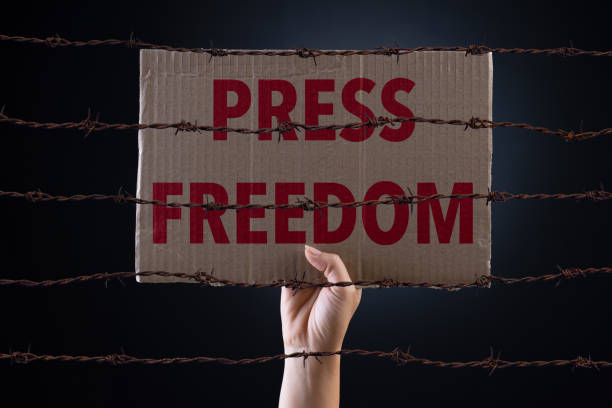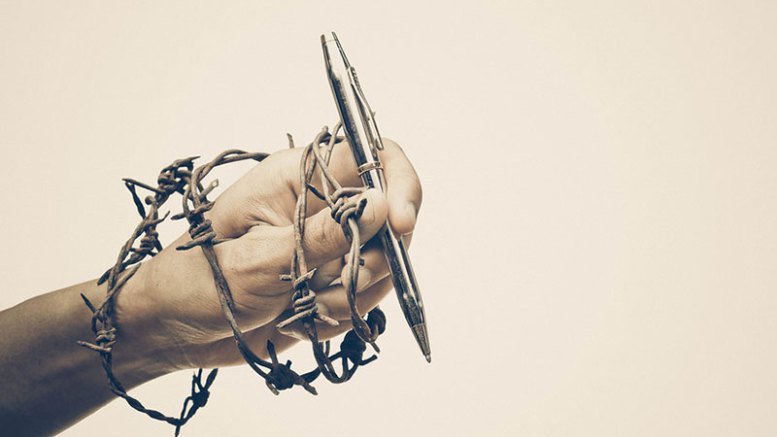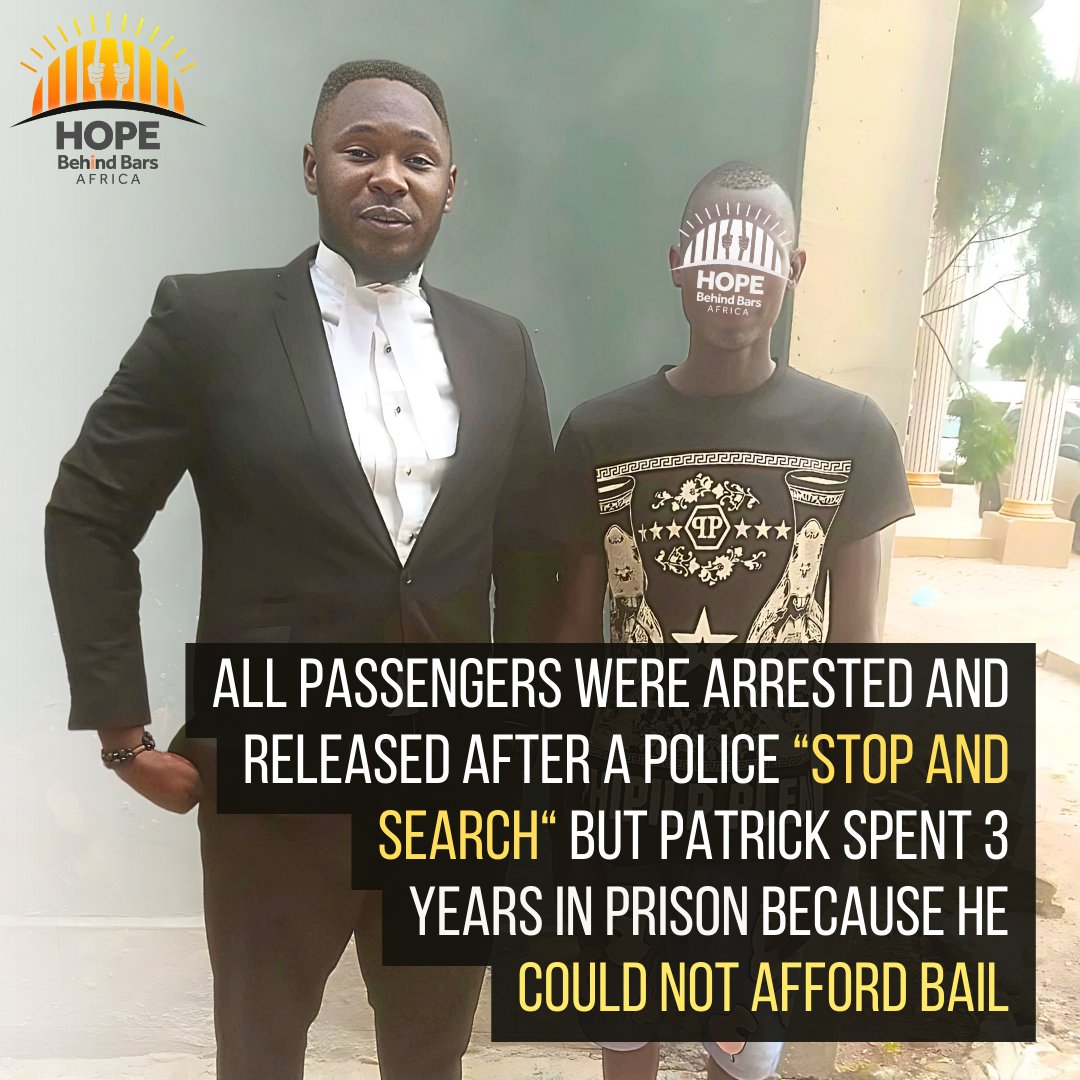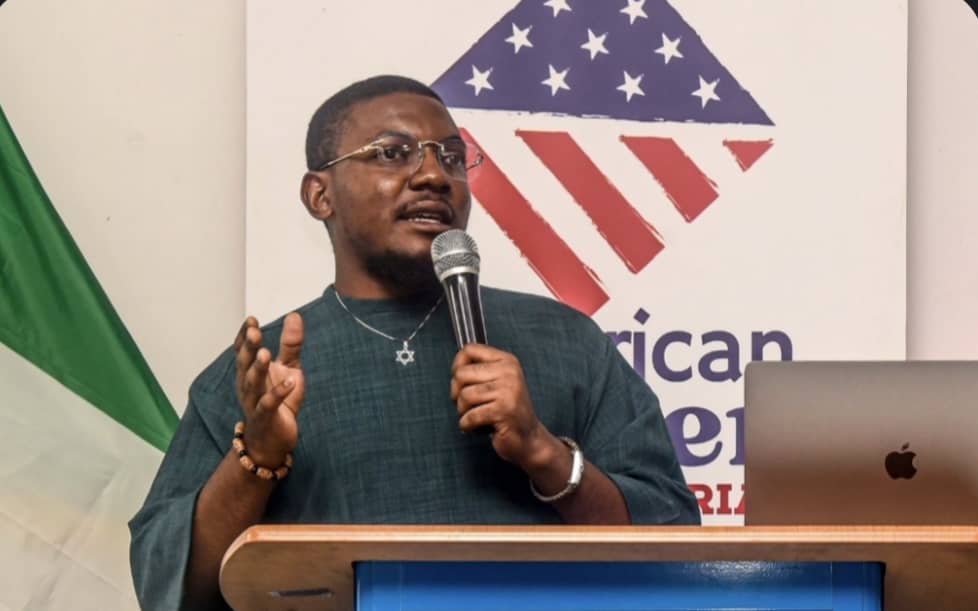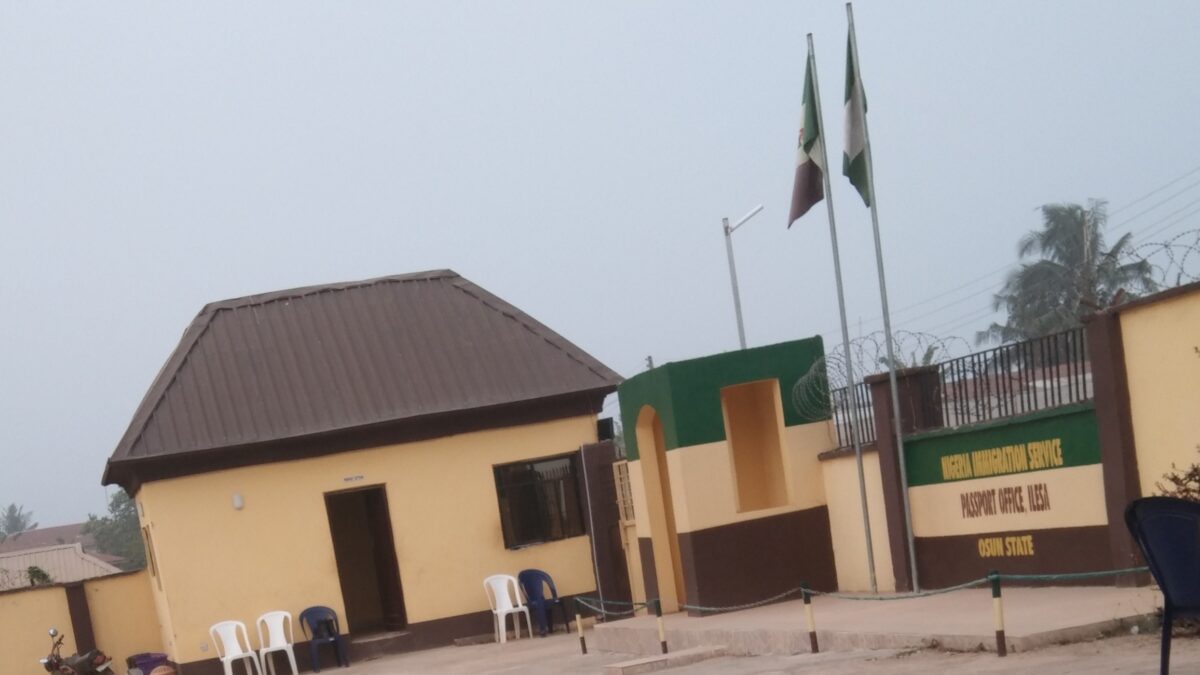More than 21 Nigerian journalists have either been put behind bars or killed unjustly in the last few years, said Busola Ajibola, Deputy Director, Centre for Journalism Innovation and Development (CJID), while speaking on #SLAPPThemBack: Examining the Dangers of Frivolous Lawsuits Targeted at Dissenting Voices, a Twitter space organised by the International Centre for Investigative Reporting (ICIR) on Tuesday.
Ajibola stated that Strategic Lawsuits Against Public Participation (SLAPP) were meant to ridicule journalists and stop them from doing their job.
READ ALSO: ‘Press Freedom, Freedom of Speech’. What Journalists Want From New Gov’t
“There is a scary rise in the number of threats against journalists, which include arrests, physical attacks, incarcerations and cyberbullying,” she said.
“All the lawsuits are attempts to intimidate and ridicule a newsroom or journalist.”
‘Fisayo Soyombo, founder and Editor-in-Chief of the Foundation for Investigative Journalism, stated that media houses needed to prepare for SLAPP from individuals or institutions who would not like to be held accountable.
“The implication of newsrooms not preparing for SLAPP is that it has consequences that extend into the future. It could affect journalists’ psychological wellbeing and how they approach future reports,” Soyombo said.
“Anyone who is exposed for wrongdoings will want to push back. It is instinctive for them to attempt to stop, arrest or deter journalists from doing what they do.”
Dayo Ayeitan, Executive Director of the ICIR, said that according to a survey conducted by the media house, about 40 media organisations and civil societies had faced frivolous lawsuits attempting to gag or silence them.
READ ALSO: Nigerian Press Freedom in Danger Under Buhari, Says US Think Tank
“We conducted a survey on SLAPP recently. Out of 142 respondents, 40 media and civil society organisations said they’d had frivolous lawsuits brought against them, while 28.8 percent of the respondents also said that they’d been jailed for such lawsuits.”
Muhammed Haruna, publisher of Wikki Times, agreed that the increasing number of SLAPP could force media organisations to censor themselves if left unchecked.
“The snowballing effects of SLAPP are diverse. They do not only pose a threat to journalists and newsrooms but extend to loved ones and give off ripple effects of anger, worry and concern for safety.”
Speakers at the event include Inibehe Effiong, a lawyer, who advised newsrooms to consult their legal advisers before publishing sensitive stories so they aren’t susceptible to frivolous lawsuits.
Subscribe
Be the first to receive special investigative reports and features in your inbox.


